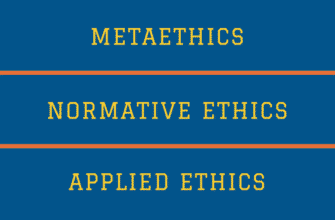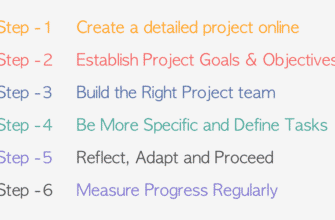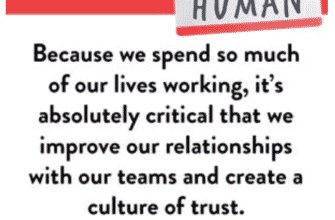You may have heard the workplace adage – “Treat ‘em good, treat ‘em bad, treat ‘em all the same.” It’s a popular saying in our politically correct world where everyone expects to be treated equally. This is not unreasonable, except, I disagree. I want to endorse discrimination, discrimination in favor of my top performers.
A new study out of Columbia Business School has found that Major League Baseball umpires give All-Star pitchers more latitude than their less talented peers. According to the research, umpires make a mistake on approximately 15% of all called pitches. These percentages go up during high-stakes games. Professor Jerry Kim, who conducted the study, stated:
Our empirical evidence proves that most of the wrong calls during at-bat scenarios are in the star’s favor.
I do not condone an umpire’s favoritism when calling a game. Their job is to serve as a neutral, unbiased party. Leaders, on the other hand, serve a different purpose. Leaders are responsible for bringing everyone together to accomplish a goal, and maintaining a neutral attitude will not push the team closer to the vision.
What do I mean when I support discrimination for top performers? I’m more willing to accept the errors of someone with a track record of success. I’m more willing to give leeway to those with a positive approach versus their curmudgeon counterpart. And I’m more willing to go outside the established incentive model to reward individuals and teams who go above and beyond.
Bottom-tier staffers may cry foul, but leading is not umping. My All-Star team is open to everyone and the rules to get there are the same for all – I’m looking at work product and attitude.
If this sounds like a practice you might be interested in, be mindful of avoiding the ‘Matthew Effect’ that befell the umpires. Matthew Effect occurs when we are influenced by status and reputation. This is the downside of favoritism, when we show preferential treatment because we like someone, not because they are actually top performers. Thankfully, we have tangible, quantitative data showing who our top performers are. And you can use 360 performance reviews to assess attitude.
If you are leading to win, identify your top performers and treat them like the All-Stars they are. Publicize what makes them All-Stars and encourage everyone to be part of this not-so-exclusive elite group. Provide opportunities for everyone to develop skills and be partial to those who take advantage of these opportunities. Keep it fair, keep it transparent, and keep your All-Star lineup.







